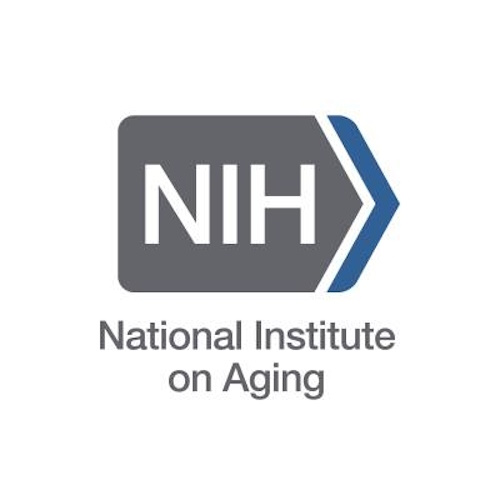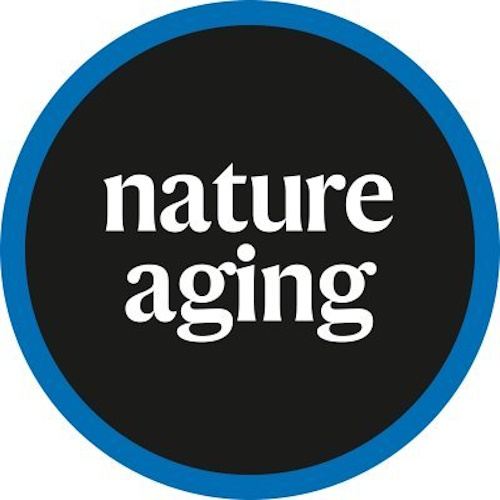Key points from article :
A new study challenges the idea that taurine — an amino acid often promoted as an anti-ageing supplement — plays a key role in the ageing process. While earlier research in animals suggested that taurine supplementation could extend lifespan and that taurine levels declined with age in humans, new data paints a more complex picture. The study, led by Maria Emilia Fernandez at the National Institute on Aging in Maryland and published in Nature Aging, shows that taurine levels often increase, rather than decrease, with age.
Fernandez and her team analysed blood samples from 742 healthy adults aged 26 to 100, collected over a 12-year period. They found that taurine levels rose by about 27% in women and 6% in men over the decades. A similar pattern was observed in a group of 32 monkeys, where taurine increased significantly with age. This suggests that taurine doesn’t consistently decline with age and that previously observed drops may be due to other factors like stress, illness, or diet.
Moreover, taurine levels varied significantly between individuals and even within the same person over time, further undermining its reliability as a marker of ageing. While taurine may still offer health benefits — such as improving blood sugar regulation in people with type 2 diabetes or obesity — its role in healthy ageing remains uncertain.
Nonetheless, interest in taurine’s potential continues. Vijay Yadav at Rutgers University is currently leading a clinical trial to determine whether taurine supplementation can slow ageing in middle-aged adults. Results are expected by the end of 2025, which may offer clearer answers on whether taurine is a useful anti-ageing tool or not.
Response from Vijay Yadav
Vijay Yadav reached out to us and we're happy to publish his clarifications:
I thought few points need clarification because the headline is not an accurate description of the studies.
Recent paper analyzes human blood values of taurine beyond 30 years of age and shows it remains stable till 60 years and goes up by upto 20% by 90 years. We analyzed and compared values of taurine in blood from birth. We did not analyze beyond 60 years. If you look at birth values of taurine that is beyond 200 microM and goes down to 58 microM at 30 years and goes up to ~74 microM by 90 years, please look at Y axis in the graphs. The new paper provides important data in older populations (Baltimore and Balearic); what higher taurine values mean going into 90 years remains to be investigated.
In essence we and others have shown that the low taurine levels in Middle Ages accelerates aging because reversal of this deficiency makes middle aged animals (worms, mice, monkeys) live longer and healthier, and conversely taurine-deficiency in animals leads to poor health and upto 40% less lifespan.
In summary, taurine deficiency is a driver of aging as shown by us and others but changes in taurine circulating levels cannot be used as a biomarker to predict aging as shown in recent paper.









